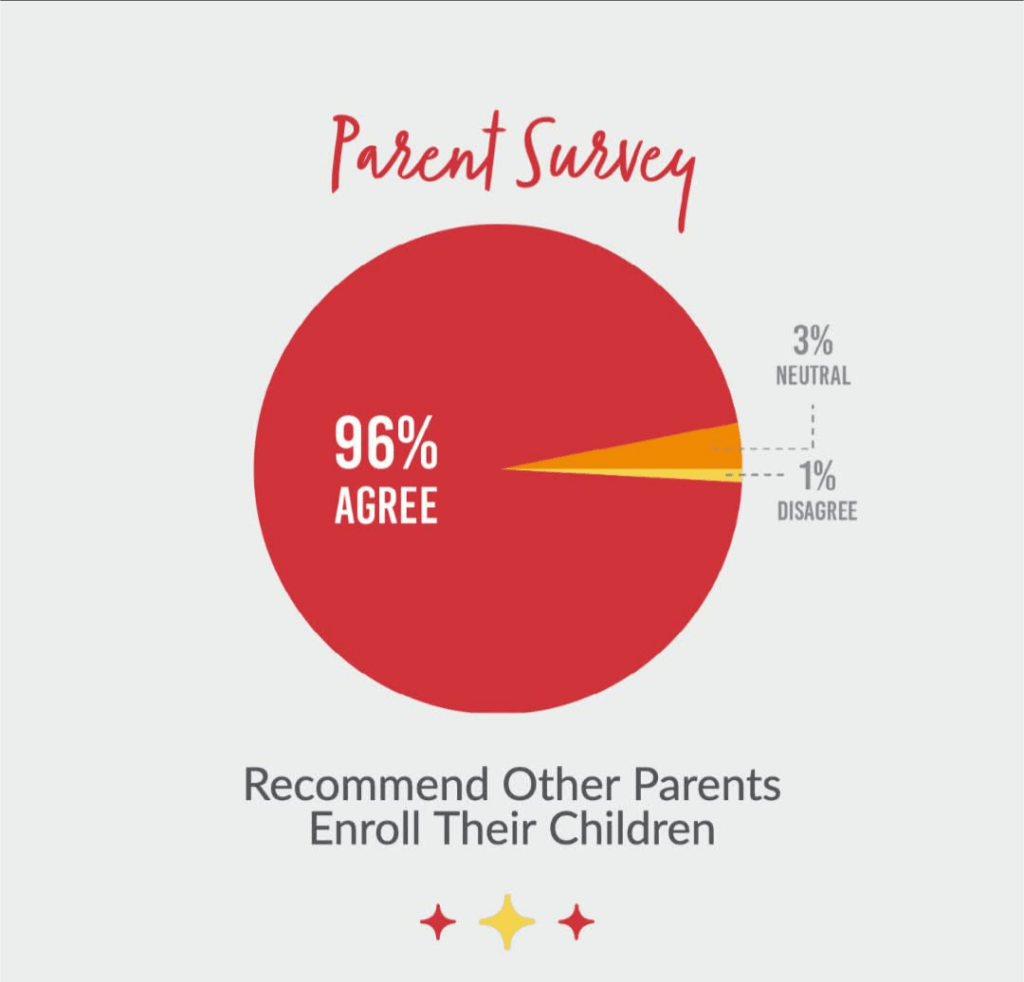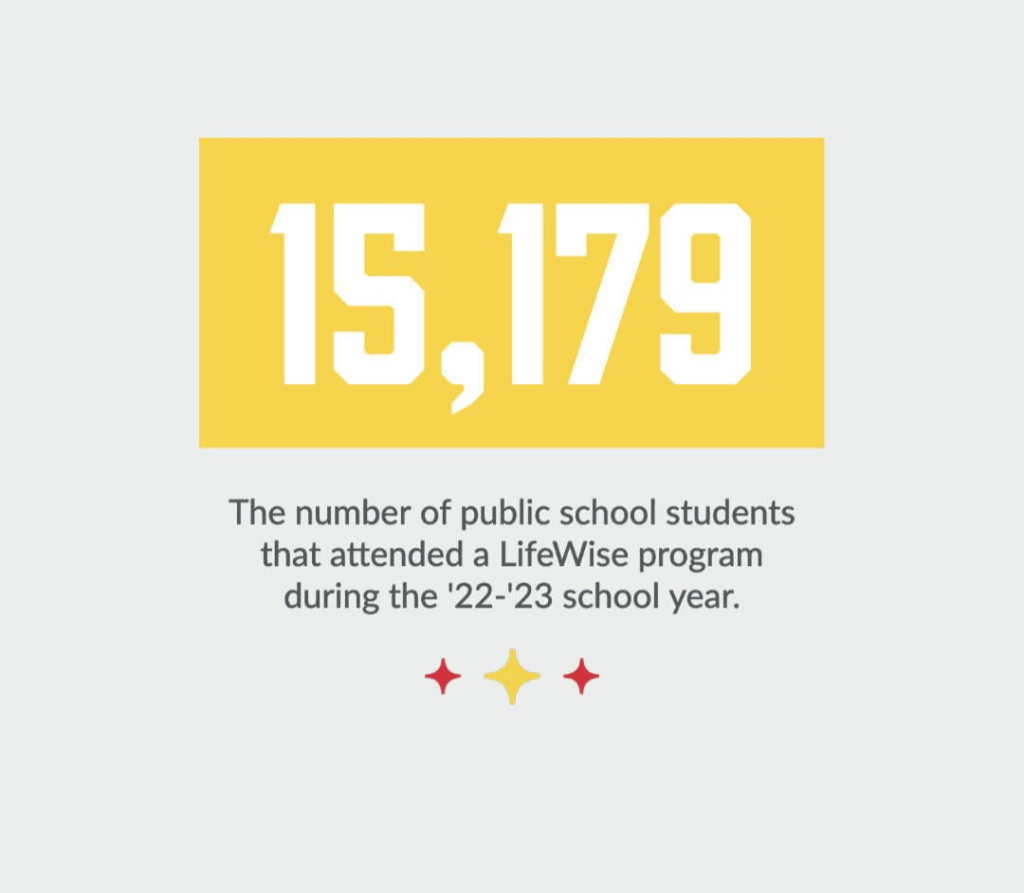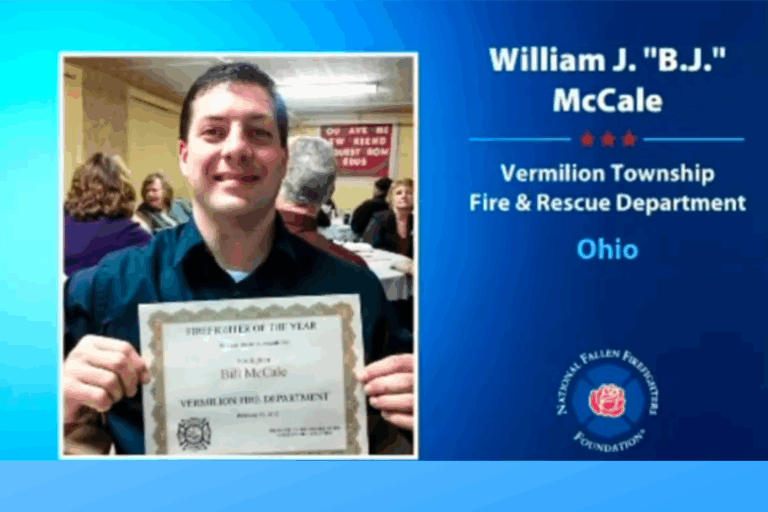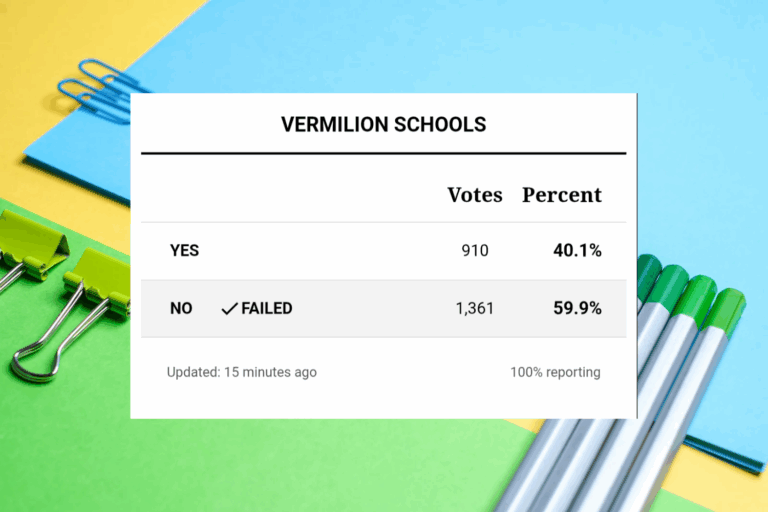
LifeWise Bus
LifeWise Academy: Expanding Moral Education Using Biblical Examples Amidst Debate

LifeWise Academy is a growing initiative in Ohio that offers character education to students during school hours. The program aims to provide moral and spiritual teachings using biblical characters as examples, though it has sparked debate among parents, educators, and legal experts. Supporters argue that LifeWise enhances students’ character, while critics raise concerns about its impact on public education and the separation of church and state.
LifeWise Academy: Mission and Expansion

LifeWise Academy’s mission is to offer values-based education, focusing on kindness, integrity, and compassion. By partnering with local churches and community organizations, the program ensures that its teachings take place outside of regular school classrooms in community spaces. Students are provided the opportunity to learn important moral lessons through stories of biblical characters.
The program began in Ohio and has since expanded across several school districts. It is fully funded by private donations and operates independently of public school budgets. LifeWise’s financial support comes from individuals, families, and local churches. Schools allow students to participate in the program during school hours, with LifeWise taking steps to remain separate from the schools’ academic curriculum.
Parents have noted the positive influence of the program, emphasizing its role in helping children develop a strong moral foundation and enhancing values taught at home.
Pastor Cliff Morris of Lakeview Baptist Church stated, “Parents know what is best for their kids, so let them make the choice on their child’s participation. Programs like LifeWise help with the mental health of students who participate. It’s beneficial for them to know they are loved by God and that He has a plan for their lives. They have value regardless of what others say or how they may be viewed by the school community. The decline in students’ mental health can be improved with the people and instruction from LifeWise.”
Separation of Church and State: Concerns Raised

Dan Valvo said in a public Facebook group about the issue, “Religion doesn’t have a place in public schools, there are private schools for that. Everybody has different beliefs, they don’t need to be pushing their beliefs on kids.”
Although LifeWise Academy emphasizes its independence from public school academics, its integration during school hours has sparked concern regarding the separation of church and state. Critics argue that even voluntary programs held during the school day may blur the lines between moral instruction and public education.
Some legal experts express concern that the arrangement may inadvertently endorse a religious viewpoint, as public institutions are constitutionally prohibited from promoting religion. While LifeWise’s use of biblical examples occurs off-campus, its coordination with public school schedules creates a gray area for many observers.

As for the Vermilion Local School District, the Board of Education in June of last year, said no to Lifewise. Their reasoning being given here: https://youtu.be/faNpg-dvy00?feature=shared
Funding and Use of Public Resources
One area of concern centers on the use of public resources to facilitate the program. LifeWise Academy stresses that its operations are funded entirely by private donations and that no public dollars are used. Despite this, the reliance on public school schedules and coordination raises questions about the extent of public resources involved.
LifeWise has consistently emphasized its commitment to financial transparency and its independence from taxpayer funding. The organization states that no public funds are used and that its operations are separate from the regular school curriculum.
Ohio House Bill 8 and Its Implications for LifeWise Academy

Ohio House Bill 8, introduced in March 2024, proposes a significant change to the state’s approach to religious education during school hours. Under current “released time” provisions, public school districts are permitted to allow students to leave school during the day for religious instruction conducted off-campus. However, this bill seeks to change the language from permissive (“may”) to mandatory (“shall”), requiring all school districts to adopt policies that facilitate such programs.
For LifeWise Academy, this proposed legislation could have a substantial impact. As a nonprofit organization providing Bible-based character education during school hours, LifeWise operates under the existing provisions, which leave the decision up to individual districts. If House Bill 8 passes, LifeWise Academy could see an expansion of its reach, as all districts would be required to establish policies allowing for religious instruction during school hours.
Supporters of the bill argue that it upholds parental rights, ensuring that families have the option to include religious education as part of their child’s school day. Critics, however, raise concerns about the separation of church and state, with some fearing that mandatory policies could create an environment where students feel pressured to participate in religious instruction.
For LifeWise Academy and similar programs, the passage of House Bill 8 would represent a significant shift, offering greater access to public school students while intensifying the ongoing debate over the role of religion in public education.
Take a look for yourself and follow HB 8 here: https://legislature.ohio.gov/legislation/135/hb8/committee
Educational Impact and Community Reception

LifeWise Academy has been widely praised for its positive impact on students’ character development. Parents and educators have reported improvements in students’ social behaviors, including increased kindness, respect for others, and a stronger sense of community responsibility. Many view the program as a valuable complement to traditional education, encouraging students to embody positive moral values.
On the other hand, opponents argue that moral education using biblical examples has no place in public school activities, even when participation is optional. Critics worry that programs like LifeWise could create divisions among students with differing beliefs or those who are not religious. These concerns highlight the belief that public schools should focus solely on academics without involvement in religious or faith-based teachings.
LifeWise emphasizes that participation in its program is entirely voluntary, and students who do not participate are not excluded from any school activities.
Looking Ahead: LifeWise Academy’s Future

The future of LifeWise Academy hinges on its ability to balance the interests of supporters with the concerns of those advocating for secular public schools. As the program continues to expand, open dialogue among all stakeholders will be crucial to address these concerns.
Supporters of LifeWise argue that the program provides a much-needed moral framework for today’s youth, helping to foster character development and kindness within the community. They believe that offering students access to teachings using biblical examples can play a meaningful role in their overall growth. Critics, however, continue to express concerns about the potential erosion of the separation between church and state, as well as the risk of alienating students from diverse backgrounds.
Conclusion

LifeWise Academy has become a significant player in Ohio’s educational landscape, offering character-based education during school hours. While the program has received praise for its impact on students, it also raises questions about the role of religiously inspired teachings in public schools. As the program grows, maintaining a balance between its educational benefits and the principles of secular public education will be essential for its long-term success.

Despite ongoing debates, LifeWise remains committed to providing valuable teachings using biblical examples, funded exclusively by private sources. For many parents and educators, LifeWise Academy serves as a meaningful way to complement the values taught at home and school. However, the broader community must continue to carefully evaluate the implications of such programs in the future of public education.






Why does LW need students to be released from public schools, why don’t they have religious studies on weekends or evenings like all other religions? What makes them so special? Are parents too lazy to take the children to religious studies on weekends? This is against the constitution and the seperation of church and state! This and vouchers need to be banned in Ohio!
As our forefathers did when they developed the public school system in America under Benjamin Rush. They included study of the Bible and Prayer along with the pledge of allegiance to the American flag in the students daily curriculum along with the rest of their studies math, arithmetic, American history, geography, and home economics and health care. The students thrived back then and with them learning the Bible they learned to love one another and respect each other where there was no bullying or hatred or mass murders in school back then. They had no need for security back then because what they learned from their Bible readings that they had each day.
Look what happened today in Shools where Bible study is no longer aloud.
Their is bullying in Schools. Students don’t respect each other and have hatred towards each other.
Schools need security guards to protect the students. Their is mass killings of students with hate crimes.
So this is why you need Lifewise academy in your schools to teach the students about the the Bible and teach them to love one another and respect each others as our Forefathers did when they set up Public Schools in the beginning of our great nation with Bible study and pray a part of the public school curriculum.
Your lifewise does not stop bullying. Let’s get it straight, there are bullying in every religion, and on occasion it’s even the adults.
NOTE: HB 8 has an additional amendment- the loss of protection of Specials. This is a goal of LifeWise as they want the look of being just another class. The destruction of secular education is a goal of both LifeWise and several Christian groups like The Heritage Foundation and the Family Research Council- both have promoted LifeWise.
People need to learn about the fact that there is actually No provision of separation of Church and State in our constitution !